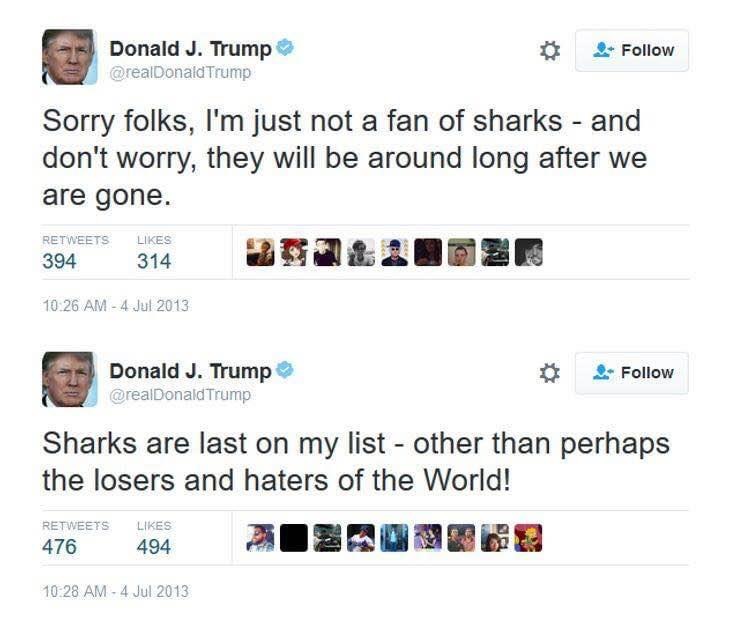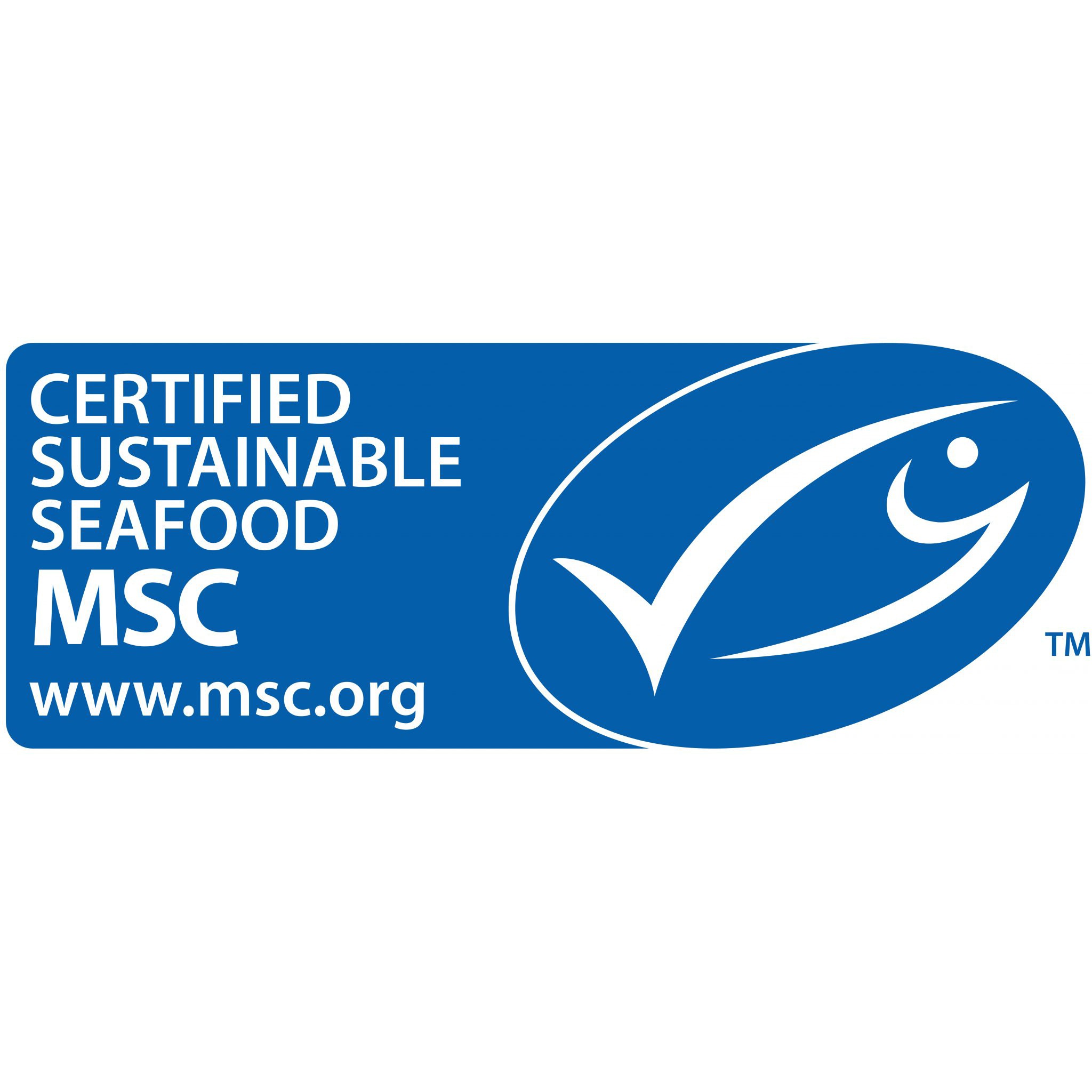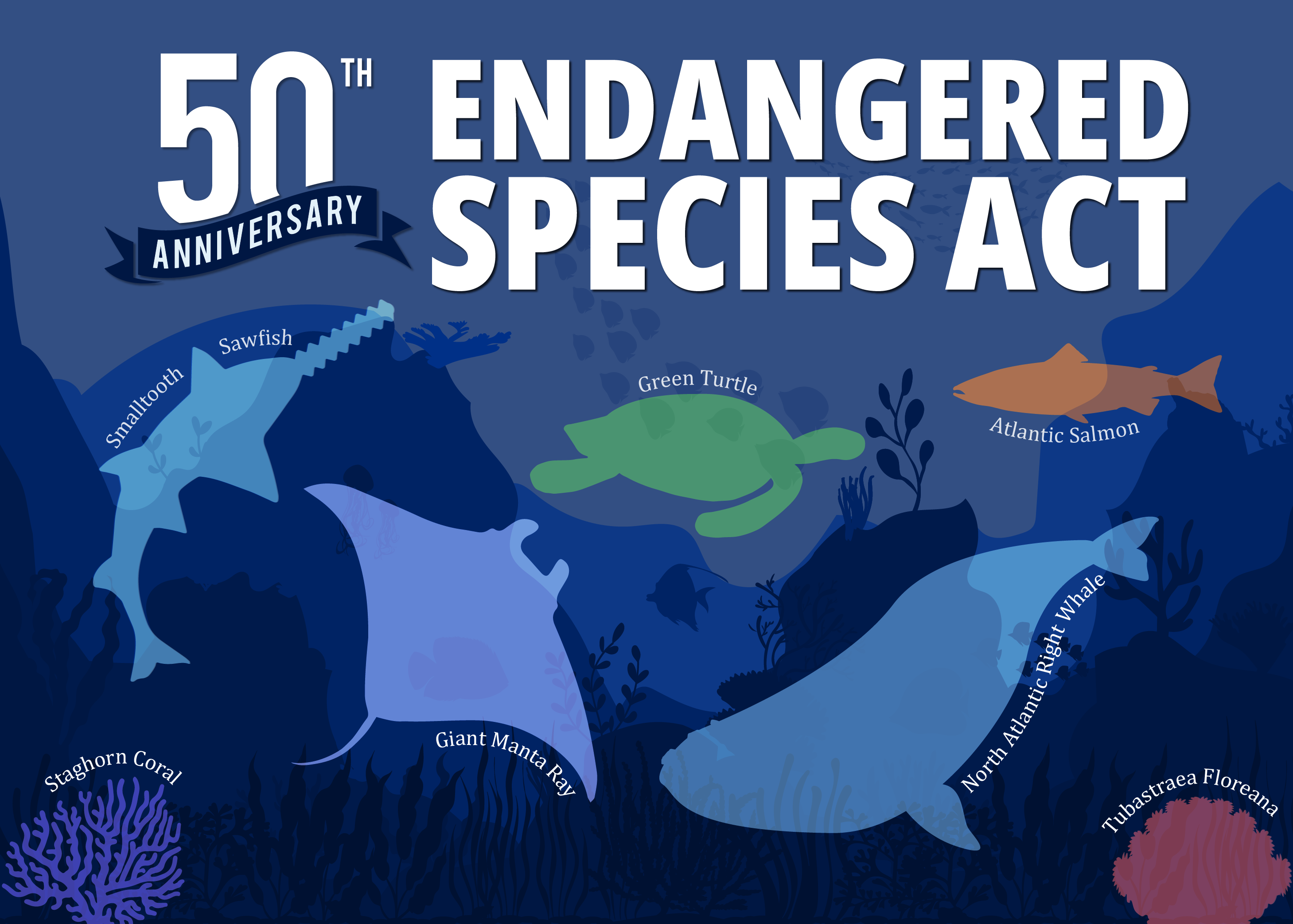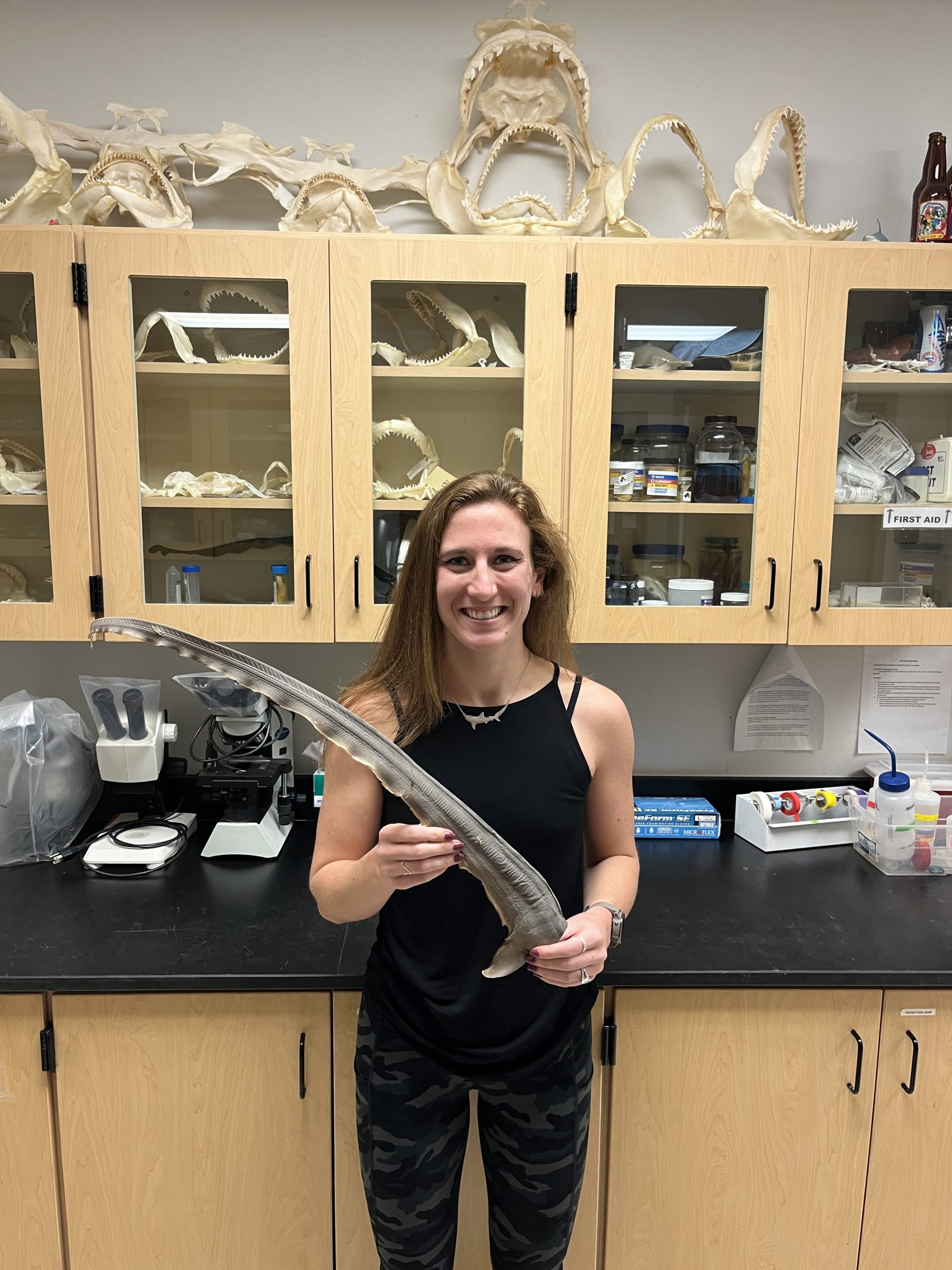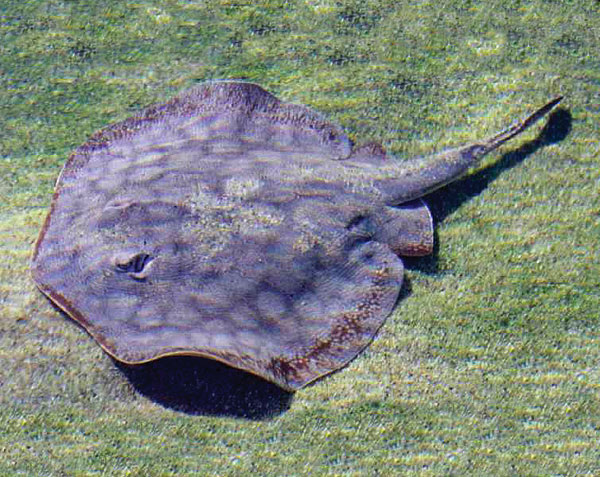The former President’s recent bizarre rant about sharks has gone viral on social media, but this is just the latest in a long and weird saga. These tweets are real. Did you know their backstory? July 2007: Donald Trump meets with adult film star Stormy Daniels, inviting her to his hotel room. Upon arrival, he … Read More “Donald Trump and Sharks: An Annotated Timeline” »
Author: David Shiffman
The upcoming 2024 Joint Meeting of Ichthyologists and Herpetologists is in my hometown of Pittsburgh! I can’t wait to show yinz around dahntahn n’at! Don’t be a jagoff, learn a little about the city before you go aht and explore! What’s with the weird accent? Lots of cities have regional dialects, and we have Pittsburghese. … Read More “Stuff to do in Pittsburgh if you’re in town for JMIH 2024” »
An epidemic of spinning disease is killing these Critically Endangered animals in a horrifying way. I spoke to experts to help understand what’s going on and what’s being done to help. A dead sawfish is unloaded by the Florida Fish and Wildlife Conservation Commission in preparation for a necropsy. Image courtesy Florida Fish and Wildlife … Read More “Critically Endangered sawfish are spinning in circles until they die. What the heck is going on?” »
The world’s leading sustainable seafood certification standard just made some big changes for sharks
Here are what the Marine Stewardship Council’s new requirements for sharks caught in certified sustainable fisheries mean. Sharks and their relatives are some of the most threatened vertebrates on Earth, and the number one threat by far is unsustainable overfishing practices. The Marine Stewardship Council, the non-profit that runs the world’s largest sustainable seafood certification … Read More “The world’s leading sustainable seafood certification standard just made some big changes for sharks” »
Canadian Masters students will now get up to $27,500 CAD a year, up from $17,500. Ph.D. students will get up to $40,000 CAD a year, up from as low as $20,000. Here’s how the leaders of Support Our Science did it. The following interview has been lightly edited for clarity and length. DS: Why was … Read More “Canadian grad students won their first raise in 20 years. Here’s how Support Our Science made it happen.” »
Our field is competitive, some job postings are confusing, and some career advice is contradictory or wrong. Here’s an exercise I have my students perform that I hope can help you. Graphic via Woods Hole Oceanographic Institution Hardly a day goes by that I don’t see a heartbreaking post from a prospective marine biologist in … Read More “Here’s what I teach my students about finding jobs in marine biology and conservation” »
A new study shows how unique cells full of crystals give this ray one of the brightest blue colors in nature Photo of Dr. Shahrouz Amini, MPI Potsdam, photographing a ray’s blue spots Coral reef fishes come in all the colors of the rainbow (and perhaps even in some colors that we can’t see). But … Read More “How the Bluespotted Ribbontail Stingray got its Spots” »
2023 marked the 50th anniversary of the Endangered Species Act, one of the earliest, strongest, and most important conservation laws on Earth. The environmental non-profit Defenders of Wildlife wrote a report tracking successes (so far) and proposing improvements for the future. I interviewed Dr. Lindsay Rosa, the Vice President of Conservation Research and Innovation at … Read More “After 50 years of conservation, what’s next for the Endangered Species Act?” »
A new study breaks down the biomechanics of one of the marine world’s most unusual hunting behaviors. Thresher sharks have one of the strangest body plans of any fish, with almost half their body comprised of a scythe-like tail. It had long been suspected that that they use this tail is a whip to stun … Read More “Here’s how thresher sharks whip their tails back and forth” »
A North Carolina aquarium has reported that a round stingray named Charlotte, the only member of her species living in her tank, is pregnant. An animal becoming pregnant without a mate (and in this case, at an inland aquarium hundreds of miles from the ocean, and thousands of miles from any wild round stingrays) is … Read More “No, a shark did not get a stingray pregnant. But what really happened is pretty cool!” »
